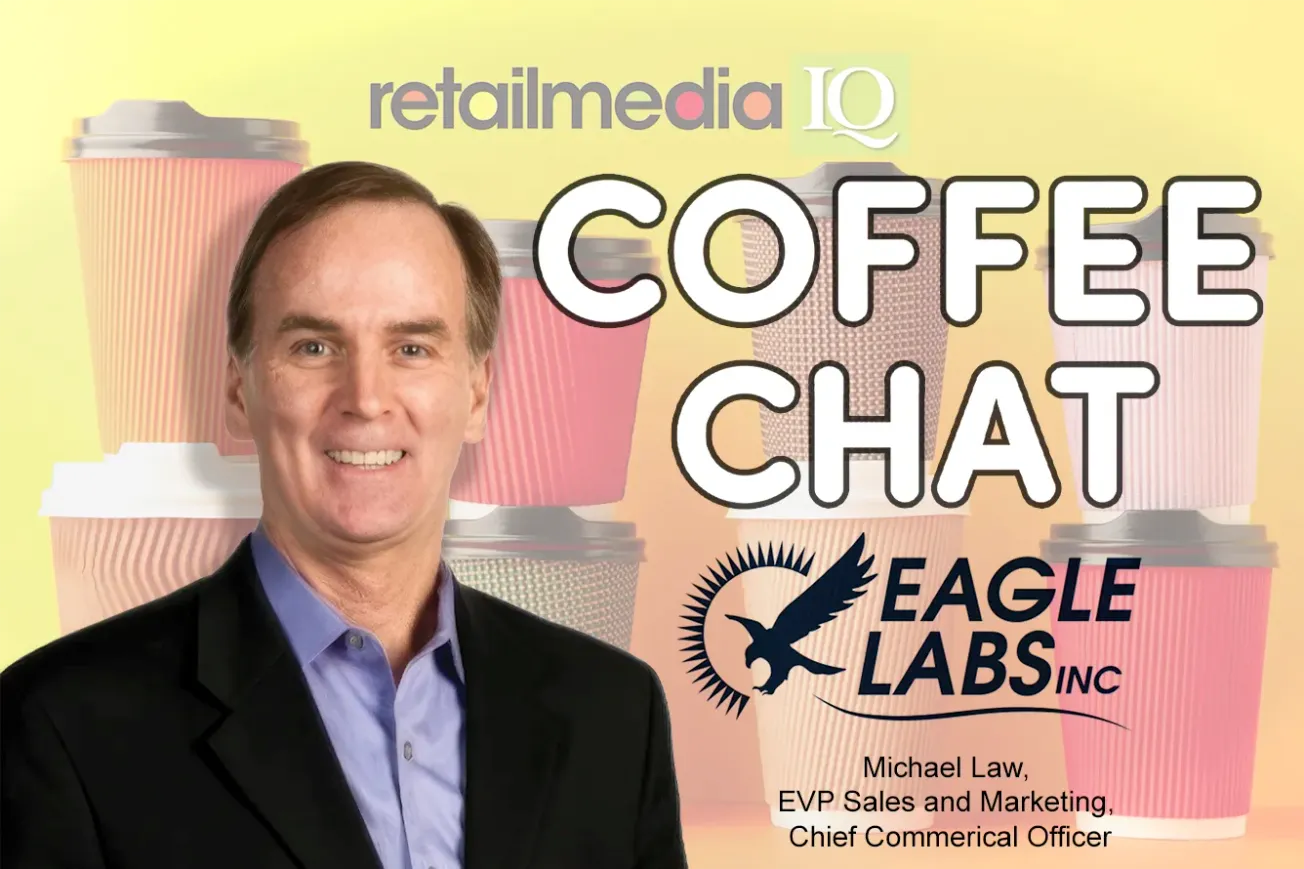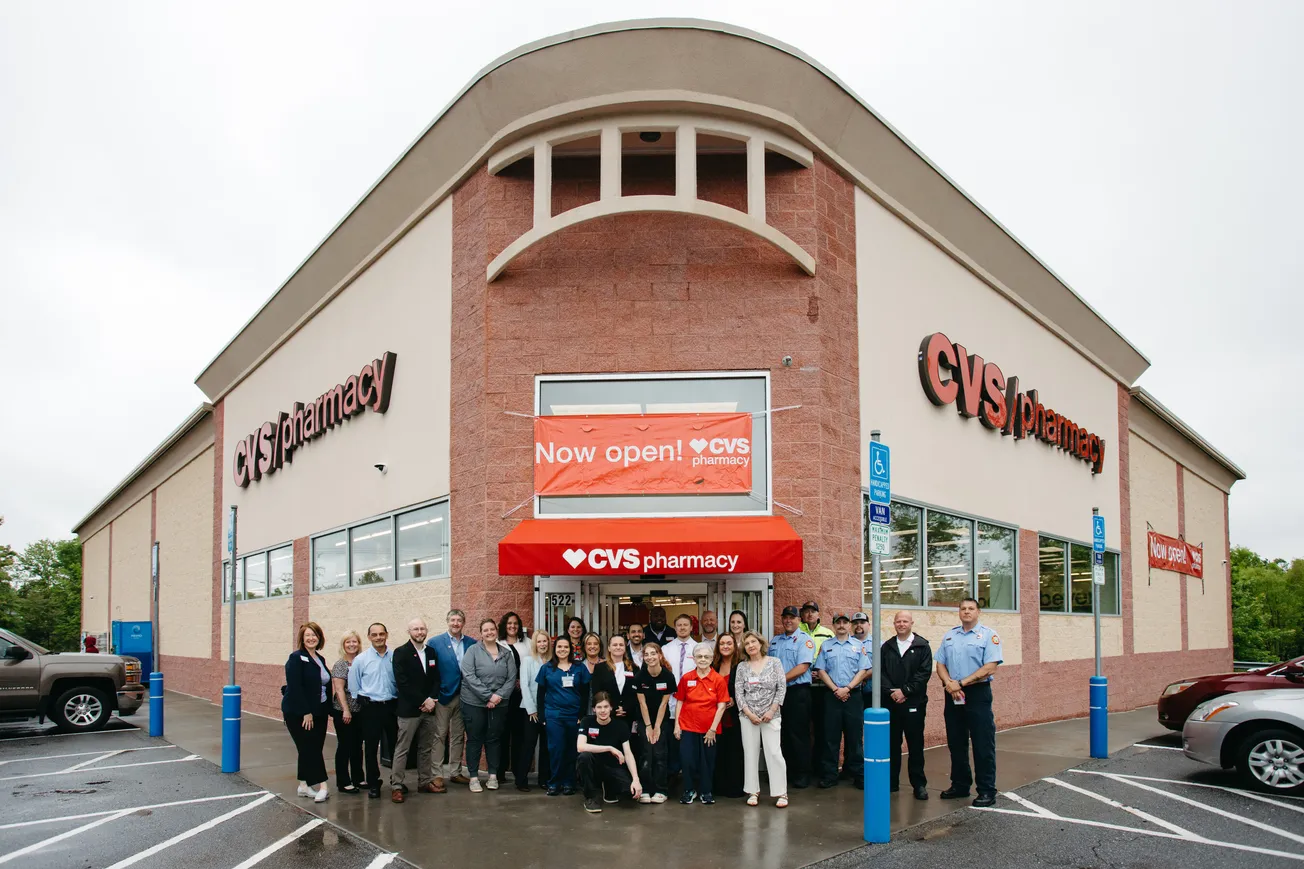As the leaders of community pharmacy gather in Boston for the National Association of Chain Drug Stores Pharmacy and Technology Conference, the profession continues to confront a number of unresolved issues that could have a direct bearing on its ability to provide accessible, affordable patient care and maintain its financial viability.
Consider the developments that have occurred in recent weeks. A federal appeals court in Atlanta found the provision in the Affordable Care Act that mandates individuals obtain health insurance or pay a tax penalty is invalid. A panel of judges ruled two-to-one that the requirement violates the commerce clause of the Constitution, thus undercutting the financial linchpin of the health care reform legislation signed by President Obama in March 2010.
A previous appellate court decision, reached by judges in Cincinnati, concluded that the law, including the so-called individual mandate, passes constitutional muster. The conflicting views of the Affordable Care Act, which were also evident in the findings of lower courts, mean that ultimate resolution of the matter will almost certainly be left to the Supreme Court.
Until the high court hears the case and reaches a decision, pharmacy operators and other health care providers find themselves in a difficult position. The Affordable Care Act promises to add some 30 million people to the rolls of the insured when it becomes fully effective in 2014. The ongoing legal challenges and the even ideological split among Supreme Court justices raise a serious question as to whether the central financial provision of the legislation will survive.
Congressional opponents of the Affordable Care Act would like to see it repealed. That remains a remote possibility unless conservative Republicans were to take control of both the House and Senate as well as win the presidency in the 2012 elections. But, with a majority in either the House or Senate, legislators could find ways to impede implementation of at least some aspects of the reform process.
Doubts about a measure that is supposed to bring community pharmacy millions of new patients and take advantage of the profession’s ability to improve patient outcomes and limit overall health care costs put retailers in a bind. Do they proceed with plans to augment their resources to meet the expected surge in demand 28 months from now, or do they stand pat until the legal and legislative challenges are resolved?
The latest appeals court ruling came on the heels of an ugly, protracted battle in Washington over raising the nation’s debt ceiling and controlling future budget deficits. Although last-minute action averted a default by the federal government, the deal cut about $1 trillion in spending over the next 10 years and established a special congressional committee to come up with an additional $1.5 trillion in cuts. If the committee’s proposal fails in an up-or-down vote in Congress, automatic, across-the-board spending cuts, which will have an impact on Medicare and Medicaid, will be triggered.
However the drama unfolds, it’s probable community pharmacy will have to fend off efforts to lower reimbursements for prescriptions dispensed to beneficiaries of government health care programs. The industry is already waging such a battle in California, where the state wants to cut Medi-Cal payments by 10%.
Those problems, together with an anemic economy and events in the private sector — most notably Express Scripts’ pending merger with Medco Health Solutions — offer shaky ground for pharmacy operators as they look to expand their place in the nation’s health care system. But when industry leaders look beyond the uncertainties they find community pharmacy has a very solid foundation on which to build.
The aging population will fuel increasing demand for prescription medications and related services, while health care costs continue to rise at an alarming rate (the office of the actuary in the Centers for Medicare and Medicaid Services projects that such expenditures will reach $4.6 trillion, or 19.8% of GDP, by 2020).
With its ease of access, trusted professionals and expanding array of services designed to maximize the effectiveness of drug therapy, pharmacy is well equipped to help address both trends. It’s incumbent upon industry participants to have the evidence at hand to back up that assertion and convince payers that an investment in pharmacy care will produce solid returns.




